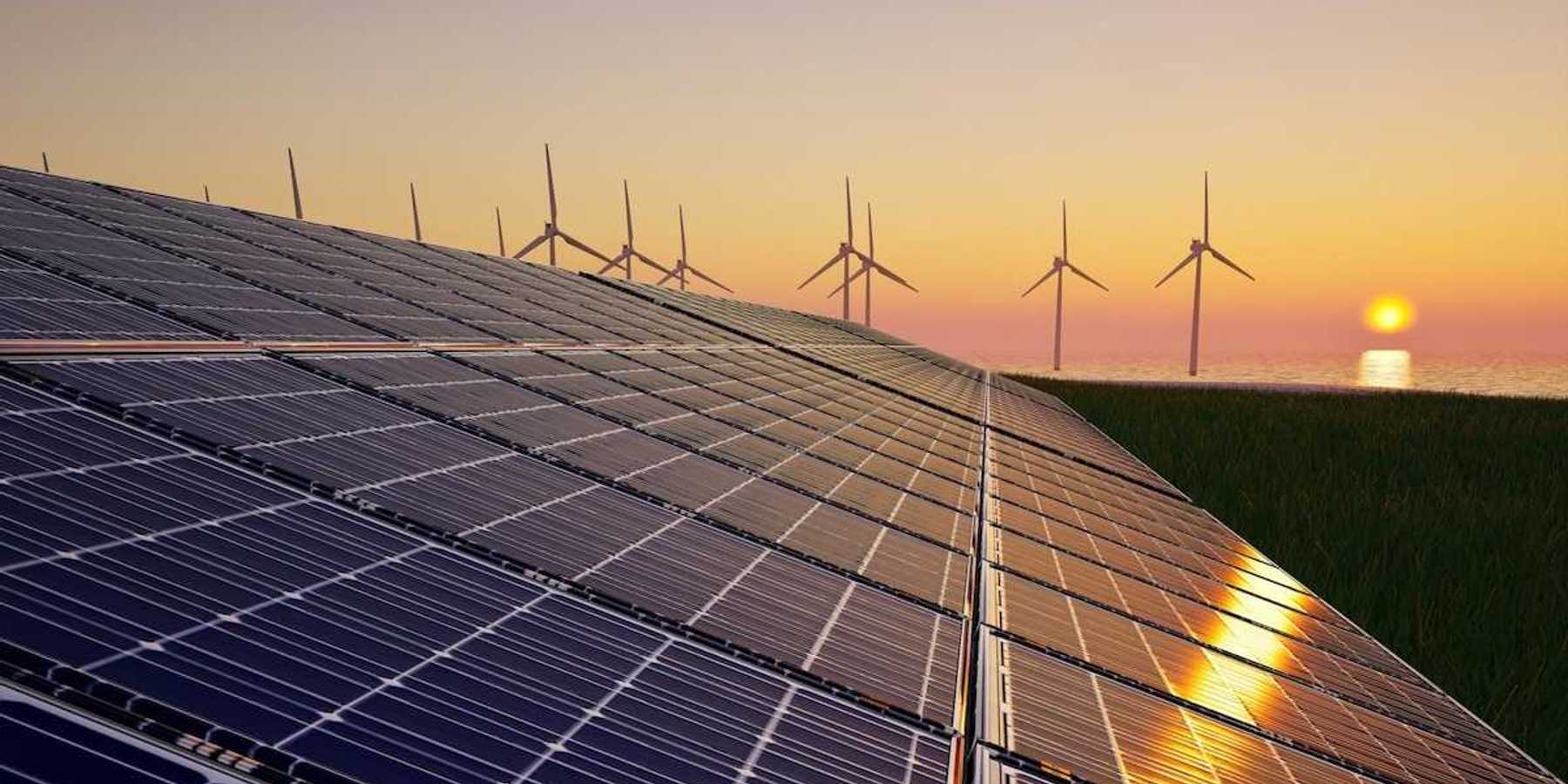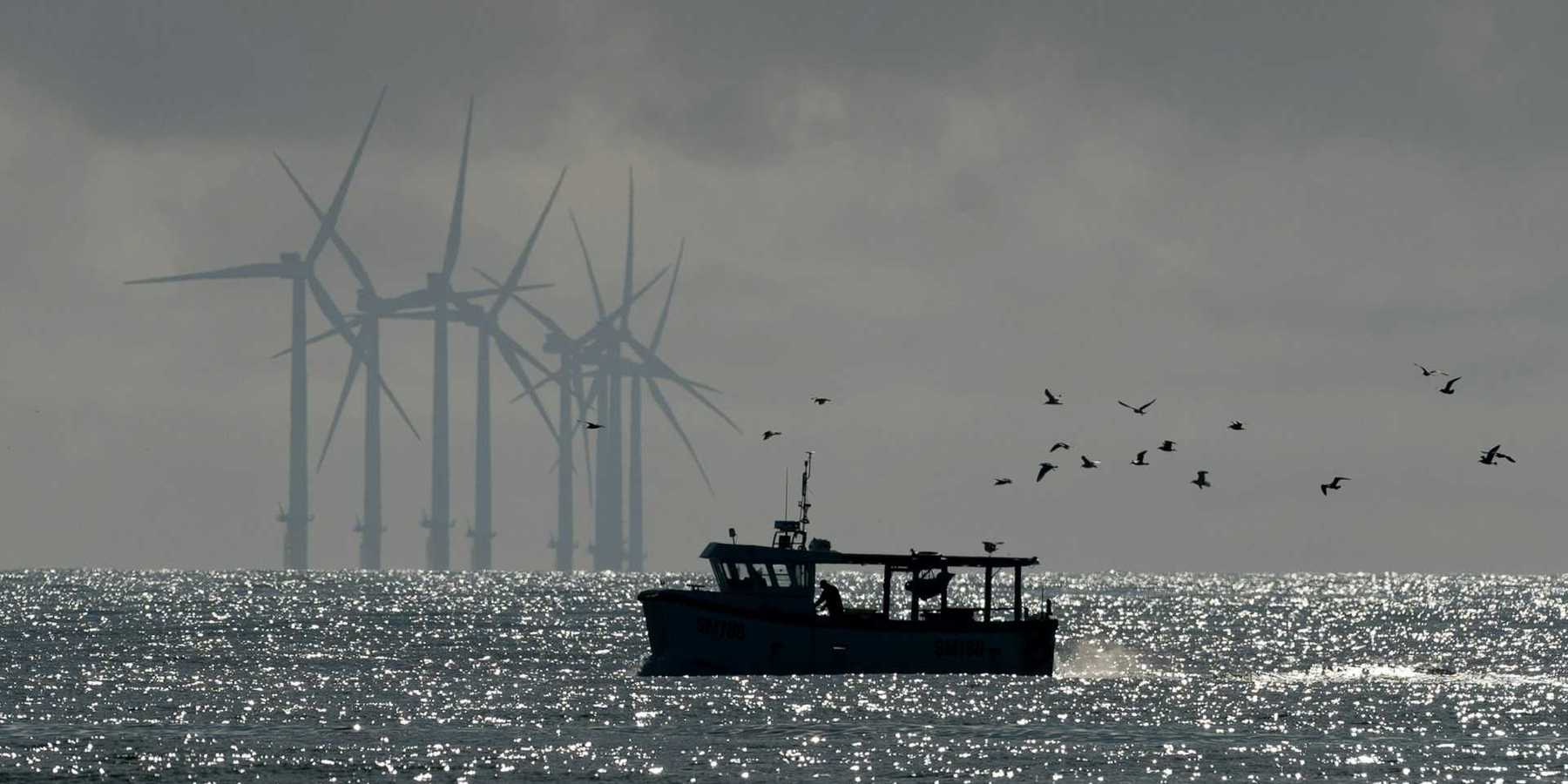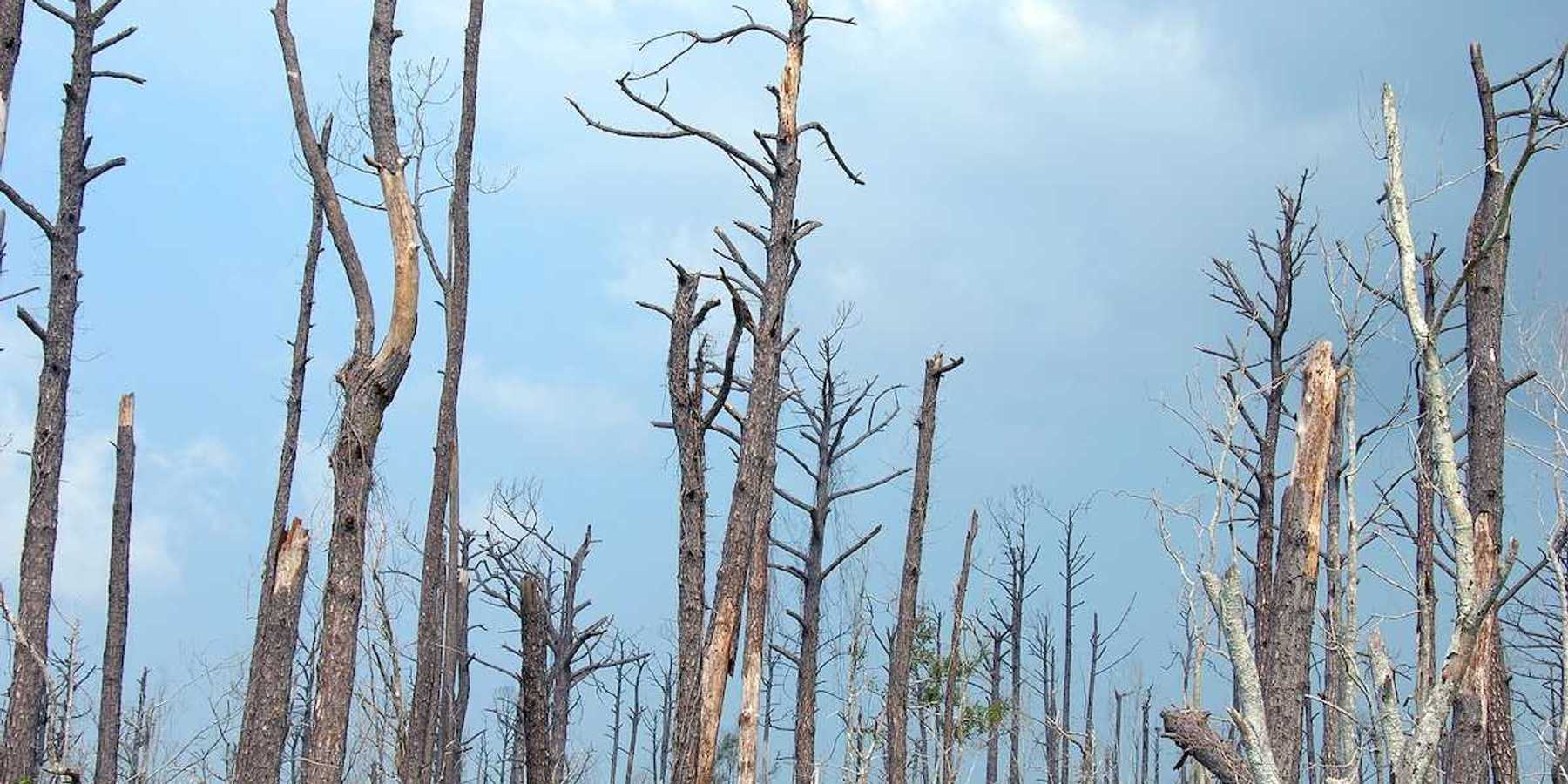Rising temperatures threaten inmates in US prisons
In a comprehensive study, rising temperatures pose a significant threat to the health of prisoners in the U.S., especially in Texas and Florida.
Nina Lakhani reports for The Guardian.
In short:
- The number of hazardous heat days in nearly half of U.S. mainland detention facilities has climbed over the last four decades.
- Heat conditions exceed safe thresholds in these prisons, potentially causing severe health issues for the incarcerated population.
- Limited cooling options, concrete structures, and the geographical location of prisons amplify the threat of extreme temperatures.
Key quote:
"When temperatures rise, prisoners are sitting ducks, utterly powerless to protect themselves from lethal levels of heat and humidity."
— David C Fathi, director of the National Prison Project at the ACLU
Why this matters:
Extreme heat can exacerbate a range of health problems, including heatstroke, dehydration, and exacerbation of chronic conditions such as cardiovascular and respiratory diseases. In addition, the mental health impact of prolonged exposure to excessive heat can lead to increased stress, aggression, and exacerbate mental health conditions, thereby not only affecting the individuals but also potentially increasing tensions and violence within the prison environment.
Be sure to read EHN's coverage: Increasing temperatures and heatwaves threaten our physical and mental health.













